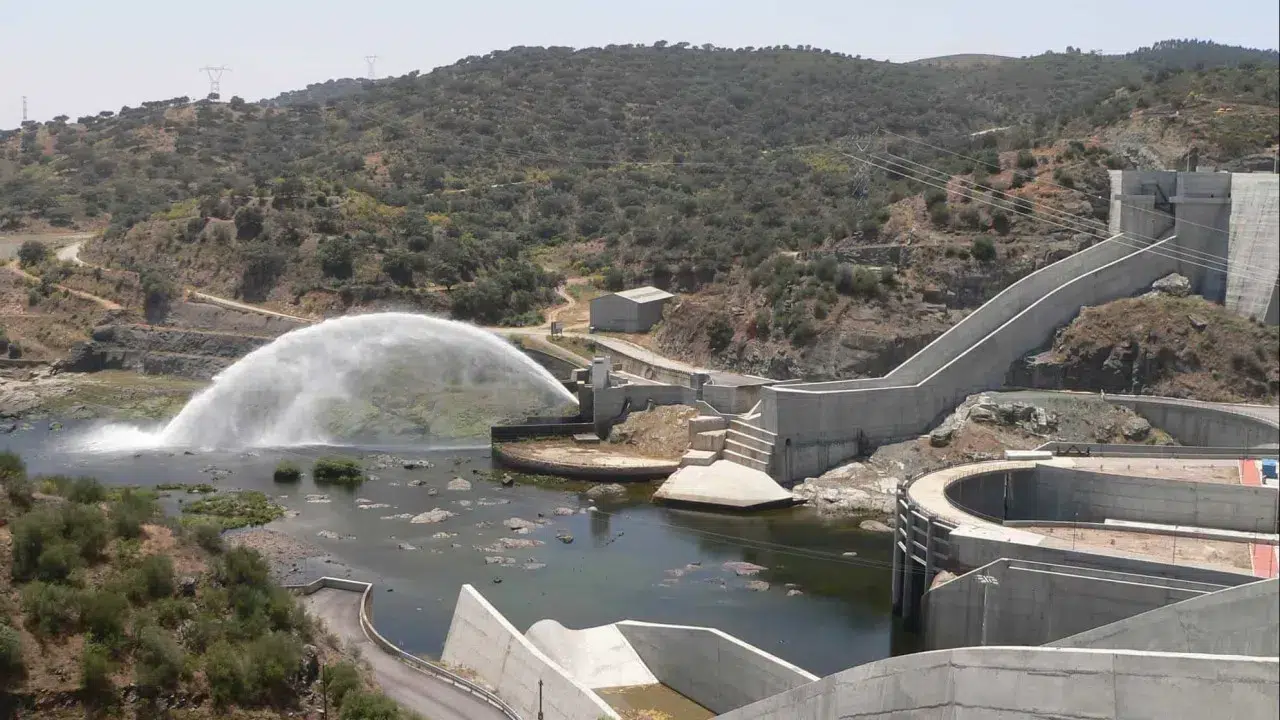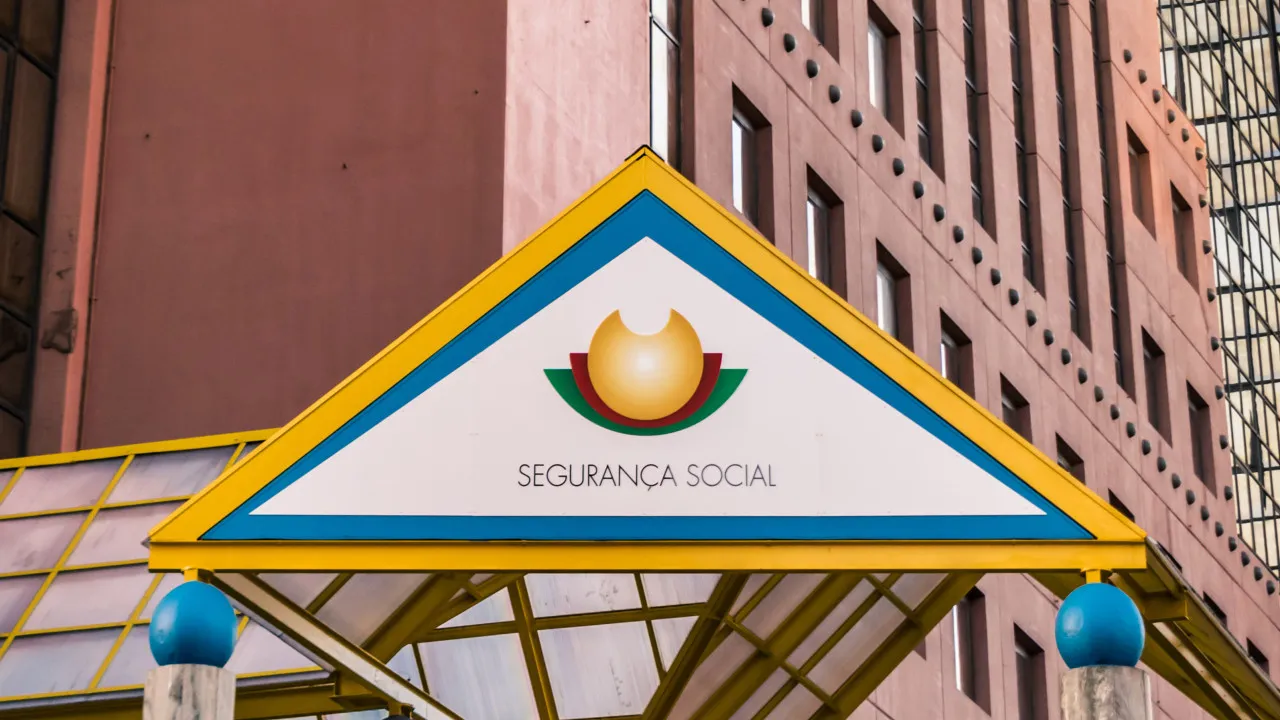
The environmental association has raised alarms about the ongoing destruction of endemic flora within the Beringel-Beja irrigation block, part of the Alqueva Multipurpose Development. Expressing concerns over systemic failures by responsible entities, the association highlights recent damage to protected plant species within the project’s influence area, including the Linaria ricardoi and Bellevalia trifoliata plants.
Zero has criticized the public entities’ inadequate measures for preserving biodiversity despite timely warnings. Pedro Horta from the environmental group emphasized that the Linaria ricardoi extends slightly beyond the region, while Bellevalia trifoliata remains critically endangered, found only in the Beja and Beringel clay areas.
He noted the destruction occurs during crop conversions facilitated by irrigation, impacting these plants due to agricultural activities. He further explained that the exact number of individual plants affected remains unknown, but they were destroyed in a plot near Beringel that previously hosted traditional olive groves.
There is speculation about the land being repurposed for super-intensive olive plantations, though confirmation is pending. Zero argues that this situation underscores the need for effective measures to halt natural value losses and ensure rapid ecosystem protection.
The Linaria ricardoi benefits from community protection and ongoing monitoring by the Alqueva Development and Infrastructure Company (EDIA). The association reported the potential destruction to EDIA and the Nature and Forests Conservation Institute (ICNF) in early April.
Despite EDIA’s prompt response, Zero only received assurance at the end of May that ICNF had ordered work suspension—a directive reportedly ignored, with the association informed about the species’ protection status and legal implications for unauthorized land-use changes by July 23.
Zero fears potential irreversible damage and advocates for urgent measures, including an independent post-impact assessment of EFMA on biodiversity and restructuring incentive systems to properly reward biodiversity protection efforts by farmers and land managers.
Other recommendations include securing the representation of local development and social and environmental rights organizations within the Alqueva Irrigation Monitoring Council (CAR) and effectively protecting identified high-value species and habitats through improved monitoring and rapid response mechanisms.




